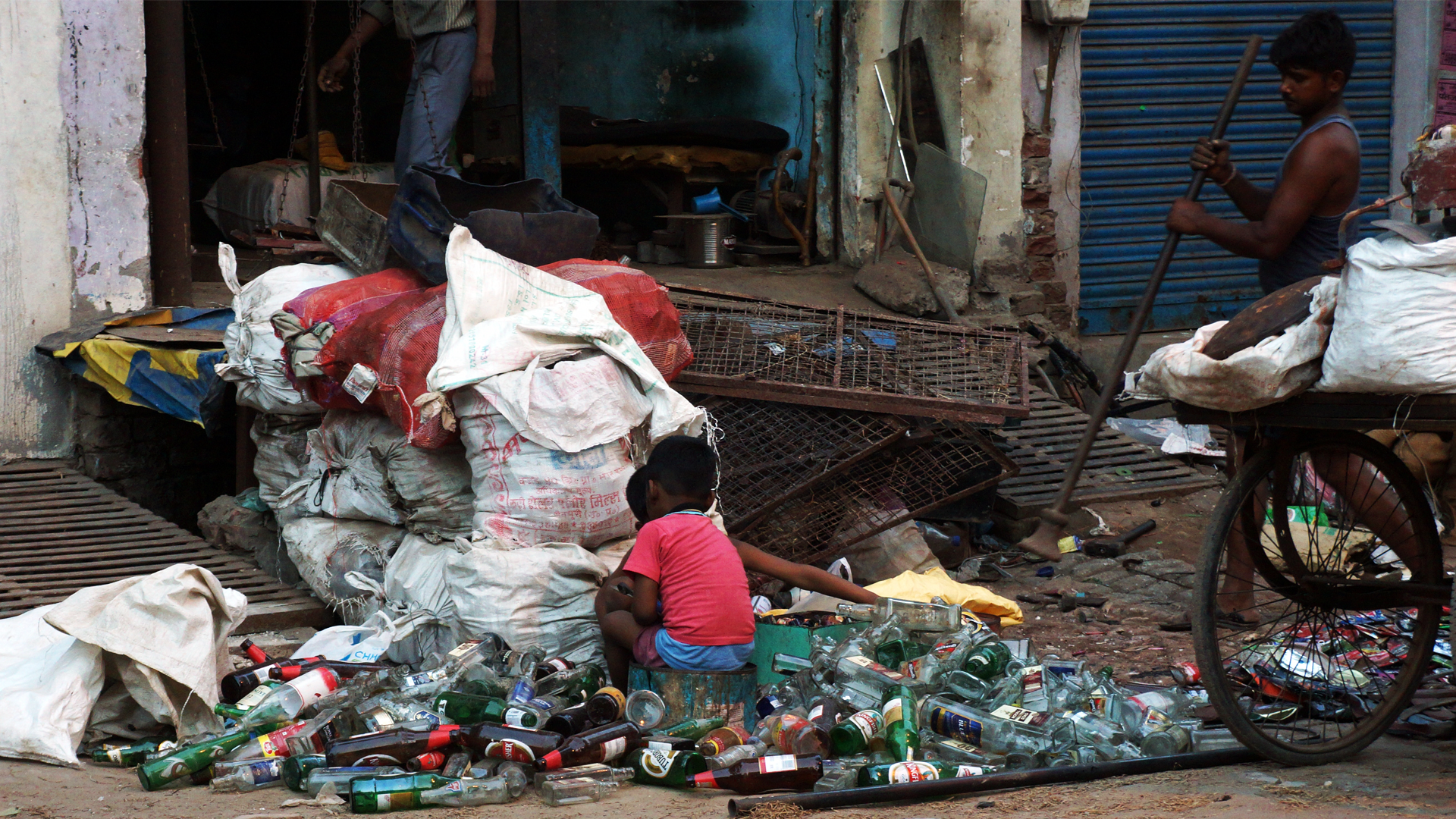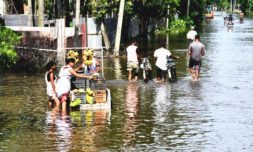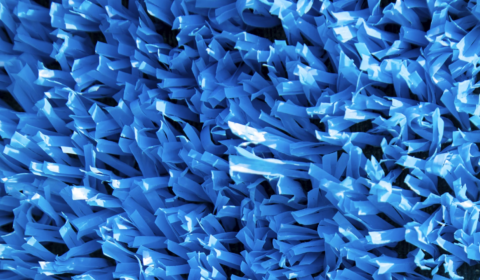As part of a federal crackdown on single-use plastic, India has outlawed the production and distribution of 19 wasteful items including plastic cups, straws, and cigarette carton film. Staunch on enforcing these rules, New Delhi will shortly be announcing further measures.
In our global bid to get a stranglehold on plastic waste, we’ve just registered a pretty big win.
India, home to nearly 1.4bn people, has enforced a slew of federal measures outlawing the production, distribution, and importation of 19 stubborn single-use plastic items.
Ranging from plastic cups and straws, to ice cream sticks and cigarette carton film, New Delhi identified the most common forms of waste found within its municipal areas, landfills, and waterways. As of today, the nation is the third-largest contributor to this leading source of pollution.
Now, in the grand scheme of things, this is a relatively small list of plastic products – bottles and confectionery packets aren’t included in the ban, for instance – but its government has created measures to ensure that manufacturers dispose of, or recycle non-included items properly.
A huge moment for India's 🇮🇳 environment.
4 years ago I worked with prime minister Modi on a ban on single use plastics. Now the government has delivered. Bravo!— Erik Solheim (@ErikSolheim) July 8, 2022
This initial set of rules is part of a wider plastic cull that has been weighed up since before last year. Despite warnings that such policy changes were on the horizon, plastic manufacturers have appealed to delay the ban further, citing job losses and inflation as two major concerns.
While these trepidations are understandable – 80,000 polymer manufacturers could be impacted – India’s policymakers have targets of their own to stress over. With the deadline of 2030 fast approaching, Environment Minister Bhupender Yadav has to reduce the country’s emission total of economic activity by 45%.




















